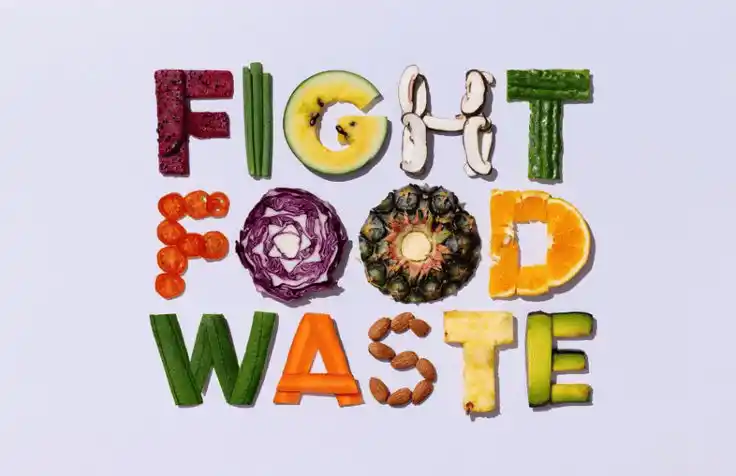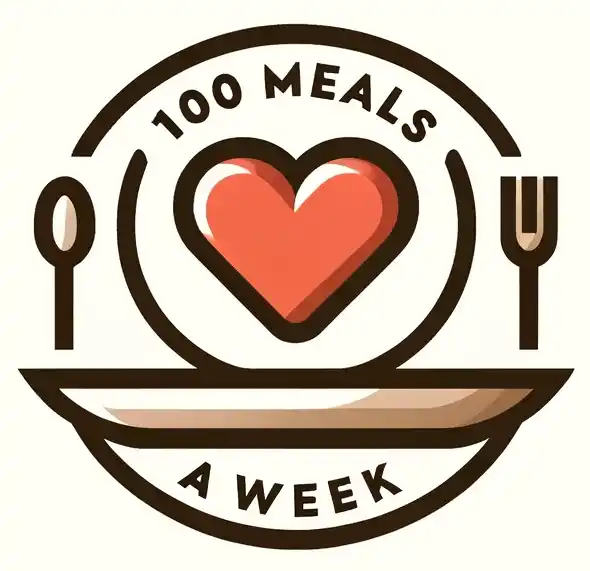The Hunger Crisis: 6 Zero Hunger Solutions You Can Be a Part of

Hunger isn’t just about an empty stomach—it’s a complex, heartbreaking reality that millions face every single day. But did you know that more than 780 million people around the world struggle with chronic hunger, and that nearly 40% of the food we produce ends up wasted? It’s a paradox, isn’t it? So much food, yet so many hungry.
And the problem isn’t only about scarcity; it’s about systemic issues that perpetuate hunger. But what if we told you there’s hope? What if we told you that ending hunger is something we could achieve—and it all starts with taking action on some simple, surprising Zero Hunger Solutions
Let’s dive into these six solutions, backed by data and real-world action, and see how you can make a tangible difference today.
1. Conflict and Hunger – Zero Hunger Solutions to Break the Cycle
It’s not just war-torn countries where hunger thrives. Conflict and instability create a perfect storm for food insecurity. In fact, the UN estimates that 60% of the world’s hungry live in conflict zones. But here’s the twist: Hunger itself fuels conflict. When communities go hungry, desperation breeds instability.
How can you help? Start by advocating for conflict resolution and peace-building initiatives. Support organizations that provide humanitarian aid but also work on rebuilding the community infrastructure, ensuring food systems are restored in the long term. This is where Zero Hunger Solutions can play a transformative role in providing lasting stability.
2. Climate Change & Hunger – You Won’t Believe the Impact
Here’s a fact that might surprise you: Every year, 3.8 trillion worth of crops and livestock food is lost due to climate-related disasters. It’s no wonder why small farmers, particularly in developing regions, struggle. Crop yields decrease, food prices soar, and families fall deeper into hunger.
The good news? You can help stop this. By supporting agricultural initiatives that champion sustainable farming practices, you can help small-scale farmers adapt to the unpredictable impacts of climate change. Every investment in resilient farming systems can transform a community, turning potential disaster into opportunity. Through Zero Hunger Solutions, we can protect future generations from the relentless grip of hunger and insecurity.
3. How Poverty is the Root Cause of Hunger (And What You Can Do About It)
Here’s a staggering statistic: According to the WHO, about 2 billion people suffer from micronutrient deficiencies because poverty prevents them from accessing healthy food. It’s not that food isn’t available—it’s that people can’t afford it.
Support programs that provide food assistance and social safety nets for the most vulnerable. But don’t stop there—take it a step further. Advocate for policies that create lasting economic opportunities for those in poverty. Push for initiatives that improve access to education, job training, and fair wages, allowing people to earn a sustainable income and break the cycle of hunger. Businesses, community leaders, and policymakers have a key role in driving these systemic changes. This holistic approach is part of Zero Hunger Solutions—empowering individuals with the tools they need to lift themselves out of poverty.
4. Empowering Farmers – A Key to Zero Hunger Solutions
Did you know that small-scale farmers grow 80% of the food consumed in developing countries? Yet they often don’t have access to the tools, resources, or markets they need to thrive. This gap is a major barrier to both food security and economic stability.
Here’s how you can make a difference: Facilitate programs that provide farmers with sustainable farming tools, fair market access, and training in modern agricultural techniques. Investing in these initiatives doesn’t just boost food production—it empowers communities and creates lasting change. Whether you’re an investor, policy-maker, or consumer, your support can help lift farmers and entire communities out of poverty. Whether you’re an investor, policy maker, or consumer, your support can help lift farmers and entire communities out of poverty.
5. The Shocking Truth About Food Waste – And How You Can Stop It
It’s hard to believe, but one-third of all food produced globally is wasted. That’s over 1.3 billion tons of food, enough to feed the world’s hungry four times over. It’s an issue that impacts the planet, the economy, and, most of all, the people who don’t have enough to eat.
What can we do? Start by reducing food waste in your home—don’t throw out leftovers, compost scraps, and be mindful of your food purchases. Support local organizations that rescue excess food from restaurants, retailers, and suppliers, redirecting it to those who need it most. In cities like Vancouver, 100 Meals a Week is doing just that—rescued food is turned into meals for the homeless, preventing waste while alleviating hunger. Imagine what we could achieve if every community took similar action.
6. Addressing Malnutrition—The Silent Crisis
Malnutrition has claimed the lives of 2.4 million children under five annually, devastating cognitive development, immunity, and overall health. It’s not just a lack of food—it’s a silent crisis eroding futures.
You can make a difference by supporting nutrition-focused programs, especially those targeting mothers and children. These initiatives are often cost-effective and life-saving. Organizations like NGOs, government health programs, and community-based groups are already working to provide essential nutrients through fortified foods and supplements. By contributing to these efforts, you help ensure children not only survive but thrive. With Zero Hunger Solutions, we can work toward eliminating malnutrition on a global scale.
Taking Action—The Real Change You Can Make
The solutions are clear, but the question is: What will you do about it? You don’t need to look far to make a difference. Local programs like 100 Meals a Week are already making a profound impact in Vancouver’s Downtown Eastside, having aided over 250,000 individuals through meal distribution and essential supplies in Vancouver’s Downtown Eastside. And their work is spreading—reaching other communities in Seattle, Tampa, and Brandon, and overseas.
Your part in this fight matters. Supporting local organizations, advocating for policies that tackle food insecurity, reducing food waste, or volunteering your time are all ways to help break the cycle of hunger. Through Zero Hunger Solutions, every step you take contributes to a more food-secure world.
Hunger isn’t just a distant problem; it’s a local challenge that requires all of us to act. Together, we can build a future where no one goes to bed hungry.
What step will you take today to make that future a reality?
